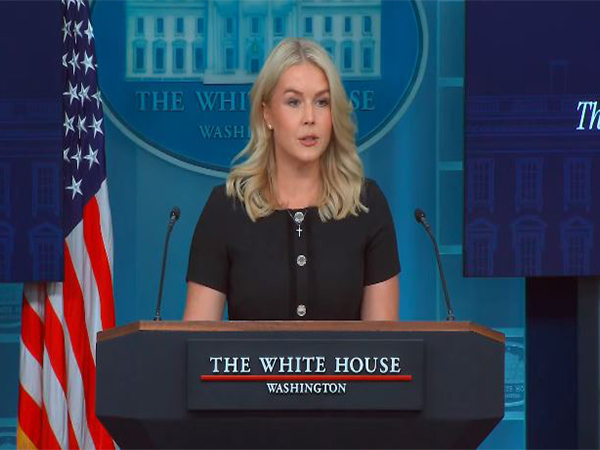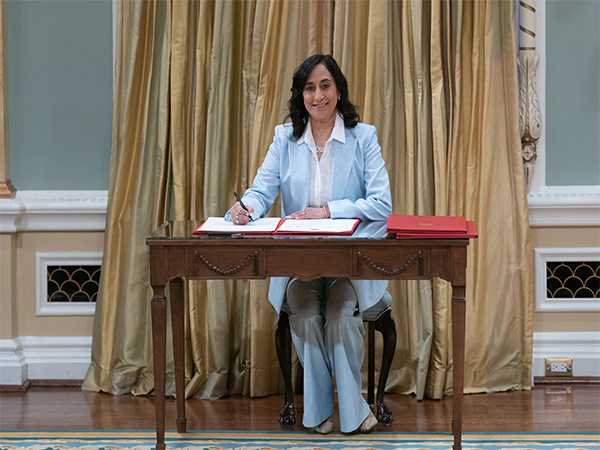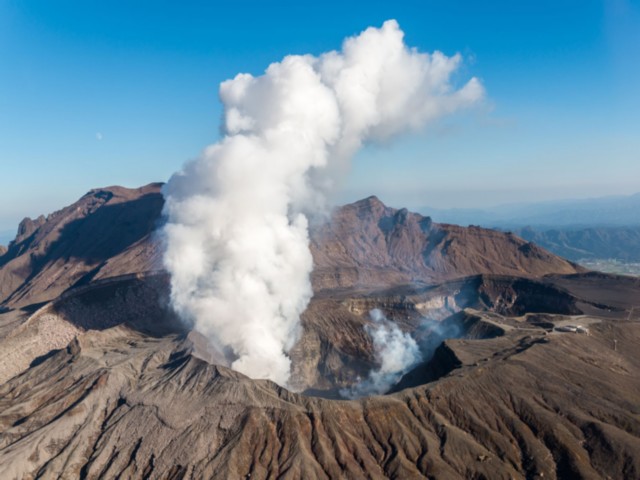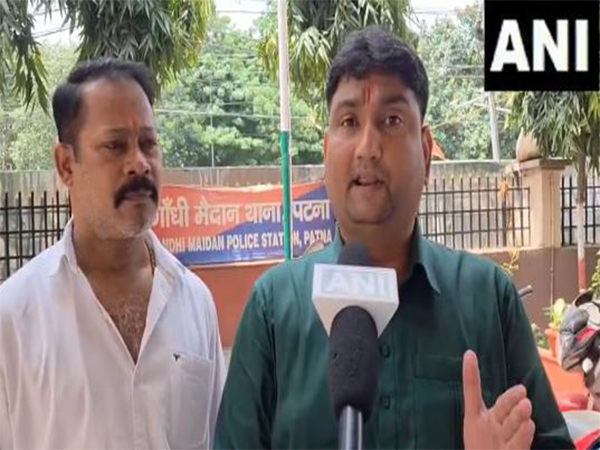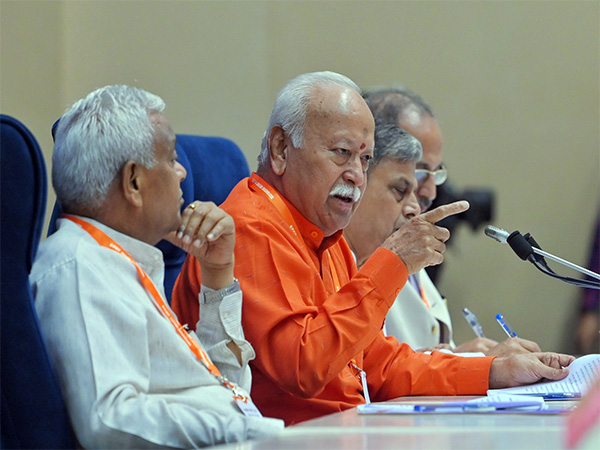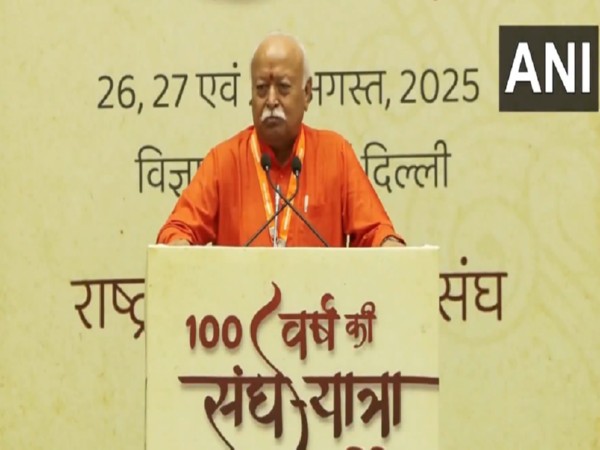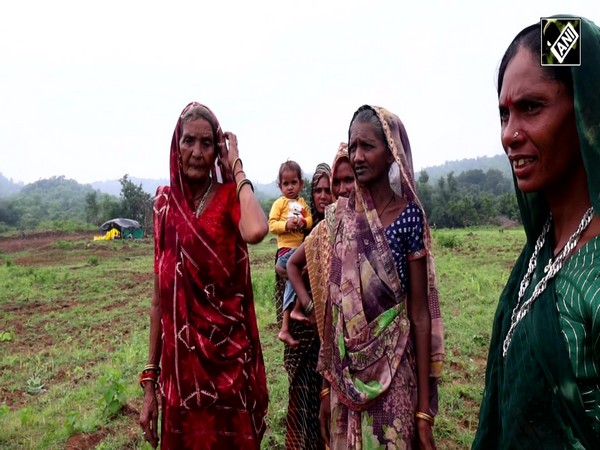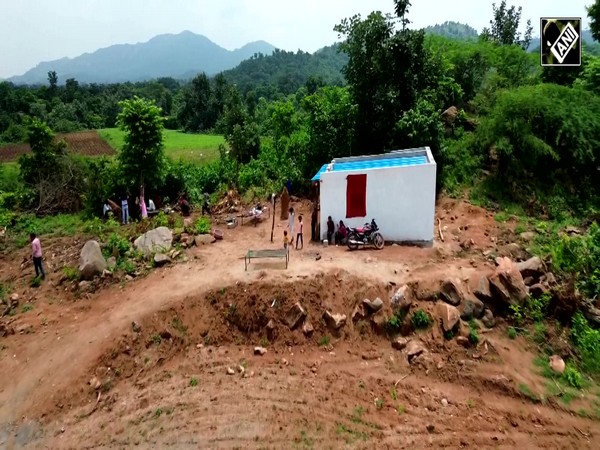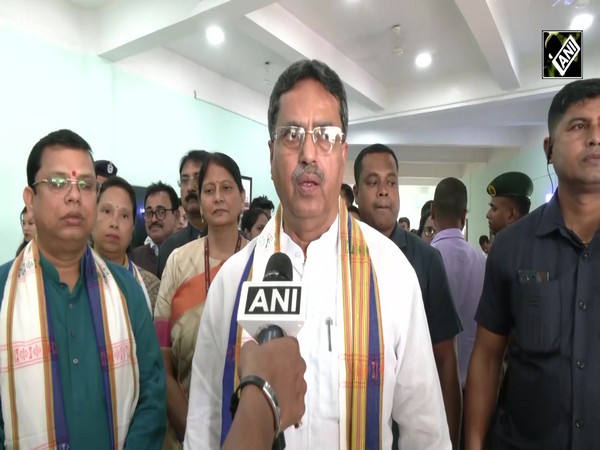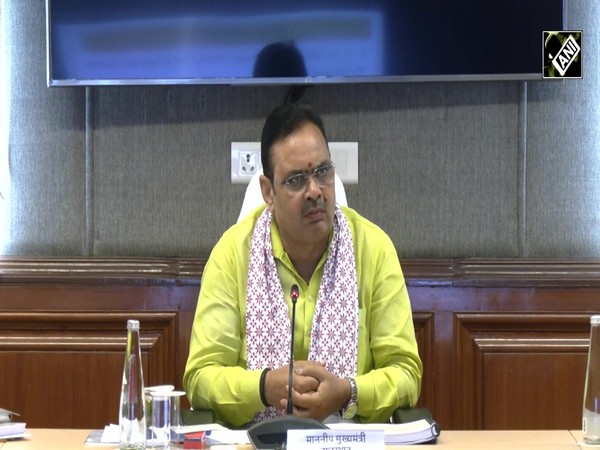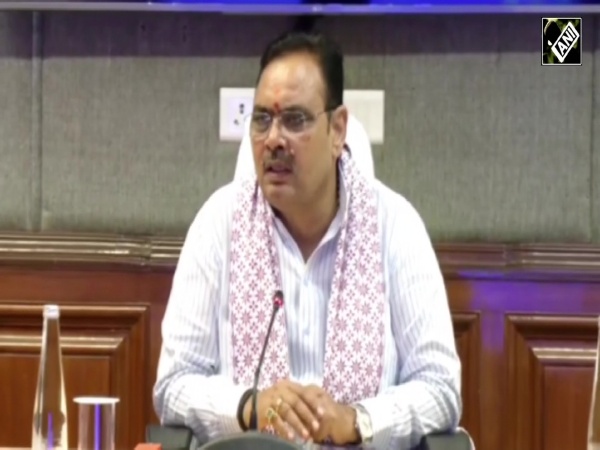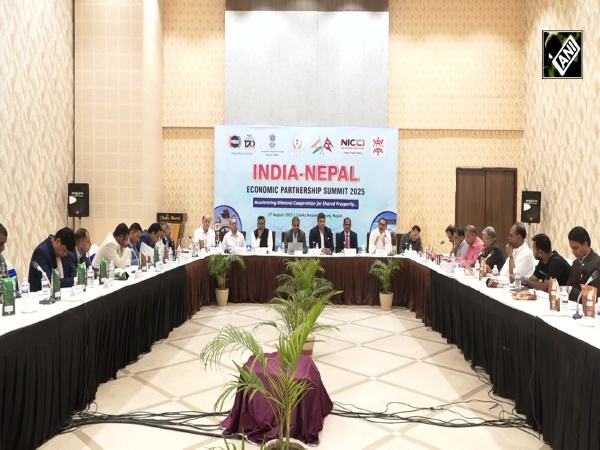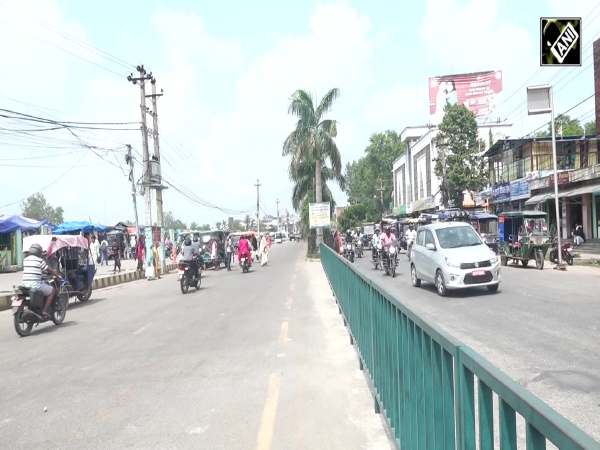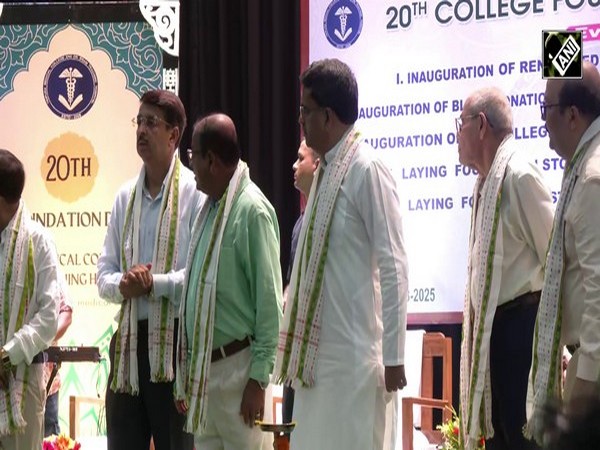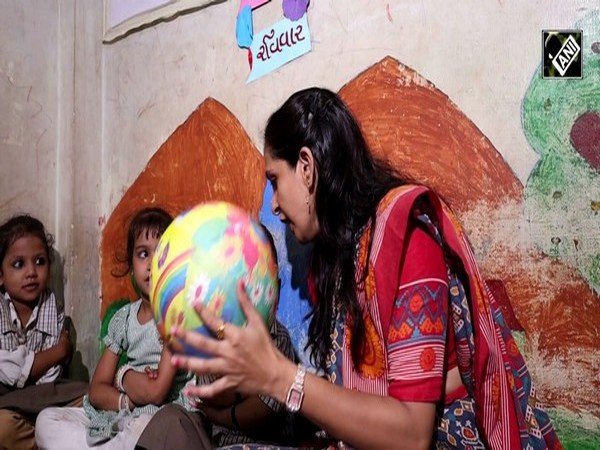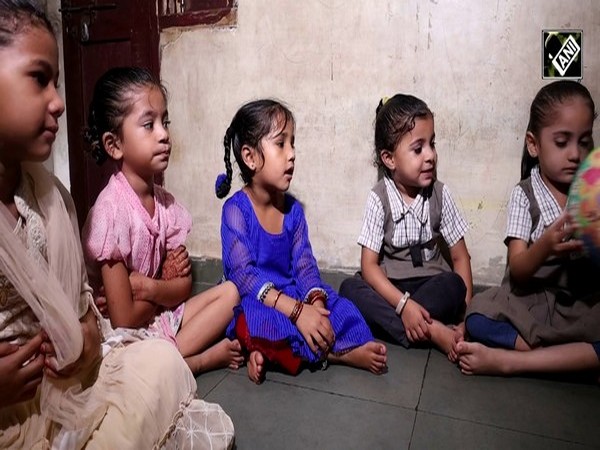US Department of Energy announces USD 13 million to support community geothermal heating and cooling solutions
Apr 25, 2023

Washington [US], April 26 (ANI/WAM): The US Department of Energy (DOE) on Tuesday announced 11 communities across 10 states had been selected to design community geothermal heating and cooling systems. Using clean geothermal energy for heating and cooling can help American cities across the country meet their energy needs, drive down costs, create jobs, and reduce greenhouse gas emissions. Community-scale geothermal systems are relatively common outside the United States but have a comparably small presence domestically.
These selections represent the first of two phases in a USD 13 million initiative to support the design and eventual deployment of community geothermal heating and cooling systems. Increasing the use of geothermal heating and cooling nationwide will contribute to President Biden's goal of a net-zero economy by 2050.
The projects are part of US President Biden's Justice40 initiative, which sets a goal that 40 per cent of the overall benefits of certain federal investments flow to disadvantaged communities that are marginalized, underserved, and overburdened by pollution.
"Supporting the design and deployment of geothermal heating and cooling will expand the uses of clean energy in decarbonizing our communities," said US Secretary of Energy Jennifer Granholm, adding, "With today's announcements, DOE is providing the possibility of wider adoption of these geothermal systems which can go a long way in decarbonizing the building and electricity sectors."
Community geothermal systems tap the earth's subsurface to provide heating and cooling to multiple residences and businesses through an underground distribution network. Such systems can use a variety of technologies, including geothermal heat pumps and direct use of geothermal hot water.
They help to decarbonize buildings by providing low-carbon heating and cooling while supporting decarbonization of the electricity sector by providing a pathway for clean heating and cooling that does not substantially increase electricity demand.
The projects feature urban, suburban, rural, and remote communities and a range of system sizes, technologies, and geographies, offering diverse case studies that will help other communities see how they can also implement community geothermal.
The 11 selected projects, which include more than 60 partners across the United States, will be executed by community coalitions offering skills and expertise in community needs, workforce, design and analysis, and deployment. (ANI/WAM)
